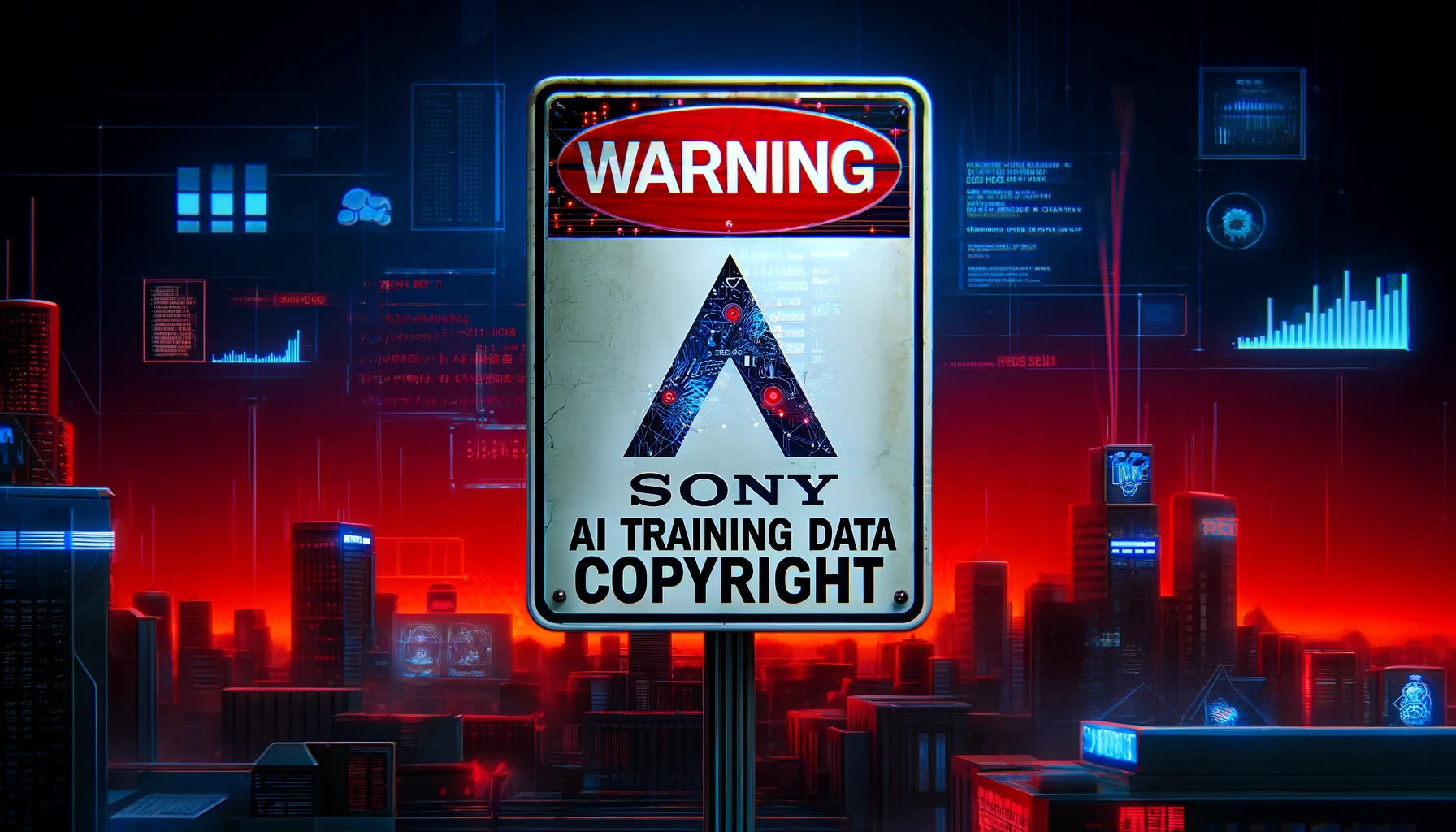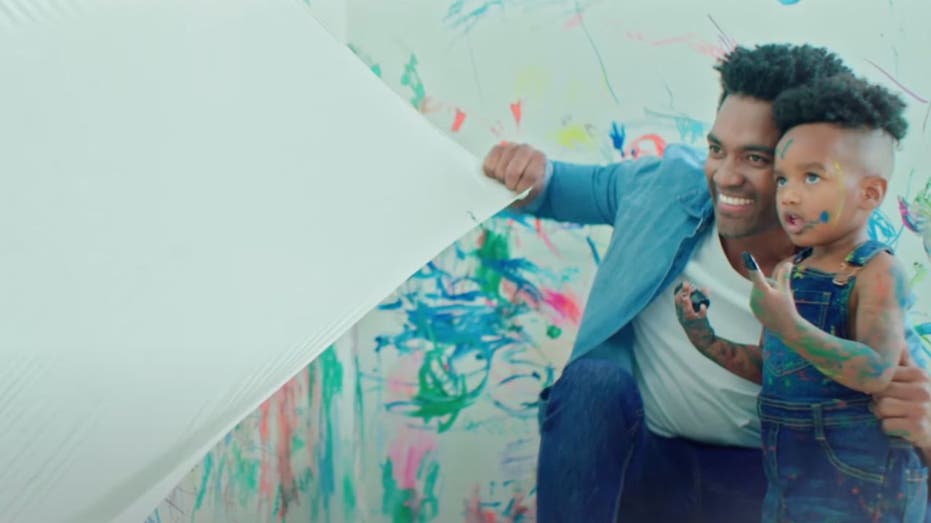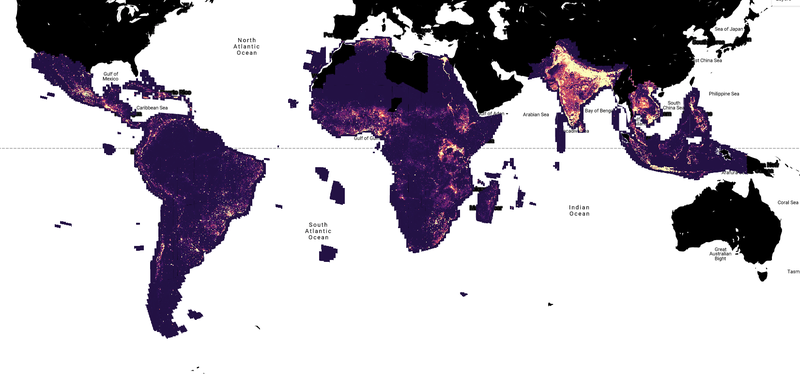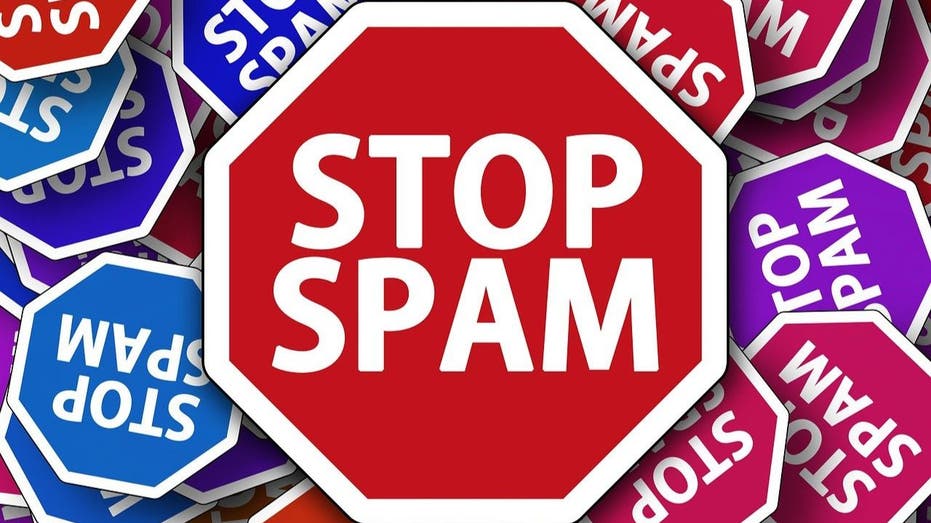Sony Music Group, the world’s largest music publisher, has warned companies like Google, Microsoft, and OpenAI, among others, about the unauthorized use of its music to train AI systems.
Representing a myriad of iconic artists such as Beyonce and Adele, Sony Music demanded compliance with copyright laws from over 700 companies that might have used its songs without permission.
In a letter seen by Bloomberg but not made publicly available, Sony Music expressed that its music might have been used without authorization.
The letter states, “We have reason to believe that you may already have made unauthorized uses of our music.”
Sony also insisted that it will protect its intellectual property to the fullest extent of the law, referencing the upcoming EU AI Act as a potential enforcement tool.
Alongside the letter, Sony also issued a public declaration that its music and other assets shouldn’t be used for non-consensual AI training.
As part of the letter, Sony Music demanded detailed information from the companies about the use of its songs, including how the songs were accessed and the number of copies made.
It states, “Unauthorized use of SMG Content in the training, development or commercialization of AI systems deprives SMG Companies and SMG Talent of control over and appropriate compensation for the uses of SMG Content.”
Sony Music has set a one-month deadline for responses from the firms it has contacted, signaling potential legal action against those who fail to comply. The letter also extended an “invitation to engage in discussion of transparent, ethical and responsible AI development.”
Sony Music’s CEO Jon Platt, alongside Neal Manowitz, president and COO of North America at Sony Electronics Inc., spoke about this at the 2024 CES event in Las Vegas.
Platt argued that unauthorized AI training removes “control and compensation” from artists and companies.
It seems like Sony has deliberately included hundreds of companies in the letter. Smaller companies may crack, thus acting as an admission of guilt that lumps pressure on those still in denial.
The AI training controversy continues
Whether they generate text, images, or music, all generative AI tools rely on vast datasets to learn and improve.
Text-to-audio generators like Suno and Udio have become increasingly sophisticated, enabling users to create entire albums and upload them to Spotify.
The crux of Sony’s complaint is that these datasets often include copyrighted works without consent or compensation to the rights holders.
They’re joined in this accusation by other individual creators across writing and the visual arts, as well as several large companies, such as The Times.
Artists are also throwing down the gauntlet on AI’s involvement in the music industry.
Recently, over 200 prominent artists, including Billie Eilish, Nicki Minaj, Pearl Jam, R.E.M, Chase & Status, and Jon Bon Jovi, have called for a halt to AI’s rising influence over the music industry.
The Artist Rights Alliance highlighted the erosion of performers’ rights in an open letter, stating, “This assault on human creativity must be stopped. We must protect against the predatory use of AI to steal professional artists’ voices and likenesses, violate creators’ rights, and destroy the music ecosystem.”
Sony and other labels might already be gearing up for lawsuits. We’ll find out soon.





